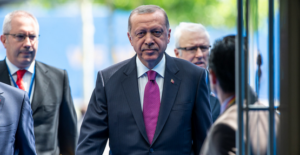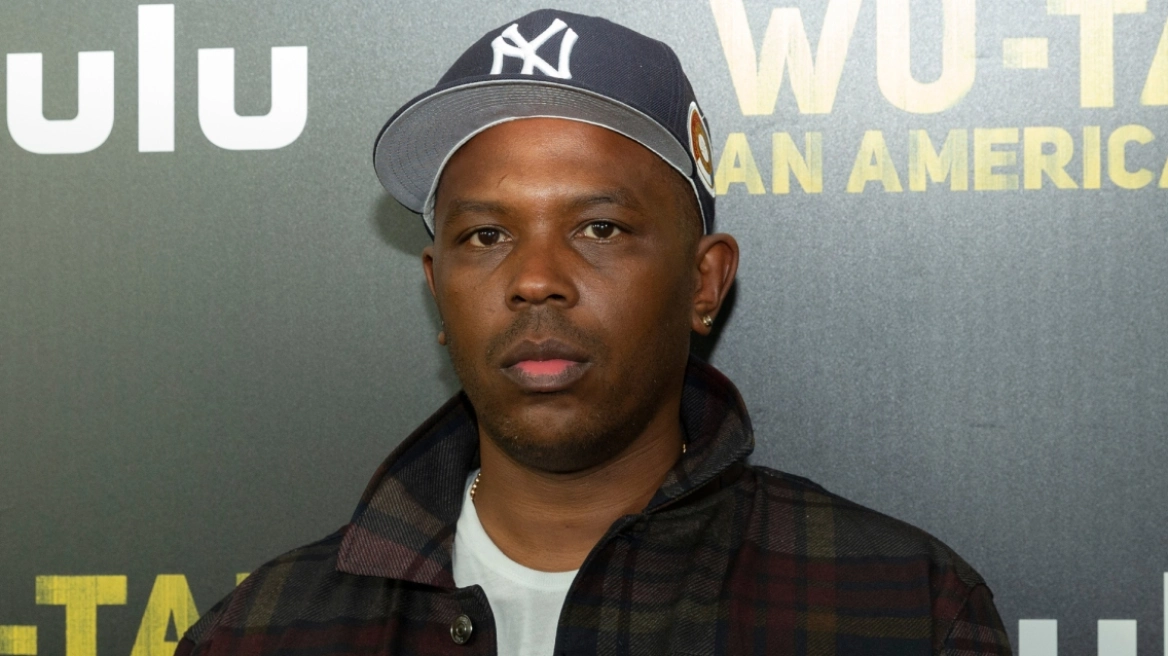It was only three weeks ago that people across Türkiye marked the spring equinox with traditional rites of passage. Yet, many Turks talk of the “real spring” that they hope will start on May 14, when 65 million Turkish voters go to the polls in presidential and parliamentary elections.
The hoped-for spring is supposed to mark the political end of President Recep Tayyip Erdogan, who has captained Türkiye’s wayward ship for longer than any leader since the end of the Caliphate almost a century ago.
Spring is the key word in the electoral slogan chosen by Kemal Kilicdaroglu, the leader of the once Social-Democratic outfit known as People’s Republican Party (CHP) and Erdogan’s chief rival next month: I promise you that Spring will return!
Although both Kilicdaroglu and Erdogan, not to mention two other medium-weight candidates, Muharrem Ince and Sinan Ogan, have put out lofty electoral manifestos, it is clear that May 14 is a referendum on Erdogan’s 25-year-long political figure. The extreme personalization of the contest makes guessing the outcome extremely difficult.
George Soros’ son visited Biden’s White House over a dozen times since president took office
For Erdogan’s long career could be divided in three phases. In the first phase, he appears as a courageous leader determined to pursue the reforms started by Turgut Ozal and lead Türkiye into modernity. After a stint as Mayor of Istanbul, a forlorn former imperial city that he helped turn into a bustling megalopolis, Erdogan as prime minister led a sequence of reforms that put the Turkish economy en route to sustained growth for over a decade. He even scored high in defusing the Kurdish time-bomb that had ticked for over half a century. Erdogan’s foreign policy aimed at “having zero enemies” was also a remarkable success in a region where leaders build their personality cult by making enemies.
Read more: Gatestone Institute
Ask me anything
Explore related questions





